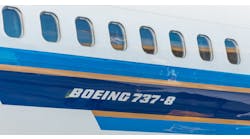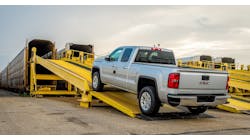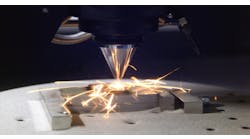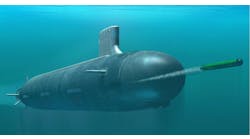Airbus is starting a research project with the European Laboratory for Nuclear Research (CERN) to evaluate the potential role for superconductivity in developing decarbonized aircraft systems. More specifically, the research is directed at how cryogenic superconductors may be used to test electrical distribution systems for hydrogen-powered aircraft.
“Superconductor” materials transmit electricity with zero resistance, but the electrical system that hosts the material must be chilled cryogenically in order for the transmission to work. CERN, at Meyrin, Switzerland, is the site of the Large Hadron Collider and other infrastructure used for high-energy physics research, as well as a computing center used to store and analyze the results of research done there.
Through its subsidiary UpNext, Airbus and CERN will conduct the Super-Conductor for Aviation with Low Emissions (SCALE) program, to demonstrate “superconducting technologies in airborne electrical distribution systems.”
SCALE will combine CERN’s experience in superconducting technologies with Airbus UpNext’s capabilities in aircraft design and manufacturing. First results are expected at the end of 2023. Airbus called it “a first step of a long term collaboration” that will seek to develop and test in laboratory conditions, an optimized generic superconductor cryogenic (~500 kW) powertrain by the end of 2025.
SCALE will be designed, constructed and tested by CERN using Airbus UpNext specifications and CERN technology. The demonstrator consists of a DC link (cable and cryostat) with two current leads. The cooling system is based on gaseous helium.
“Our technologies have the potential to be adapted to the needs of future clean transportation and mobility solutions, as demonstrated by this agreement with Airbus,” commented Raphael Bello, CERN’s director of finance and human resources. “This partnership is only a first step in our journey with the European leader in aviation, and shows how much we value the excellence of our member states’ industry.”
“Our role at Airbus UpNext is to explore the full potential of technologies applied for future aircraft and to partner with the world leaders to prepare for this future. Partnering with a leading research institute such as CERN … will help push the boundaries of research in clean aerospace as we work to make sustainable aviation a reality,” according to Airbus UpNext CEO Sandra Bour-Schaeffer.
“We are already developing a superconductivity demonstrator called Advanced Superconducting and Cryogenic Experimental Powertrain Demonstrator (ASCEND) to study the feasibility of this technology for electric and hybrid aircraft,” Bour-Schaeffer continued. “Combining knowledge obtained from our demonstrator and CERN’s unique capabilities in the field of superconductors makes for a natural partnership.”






